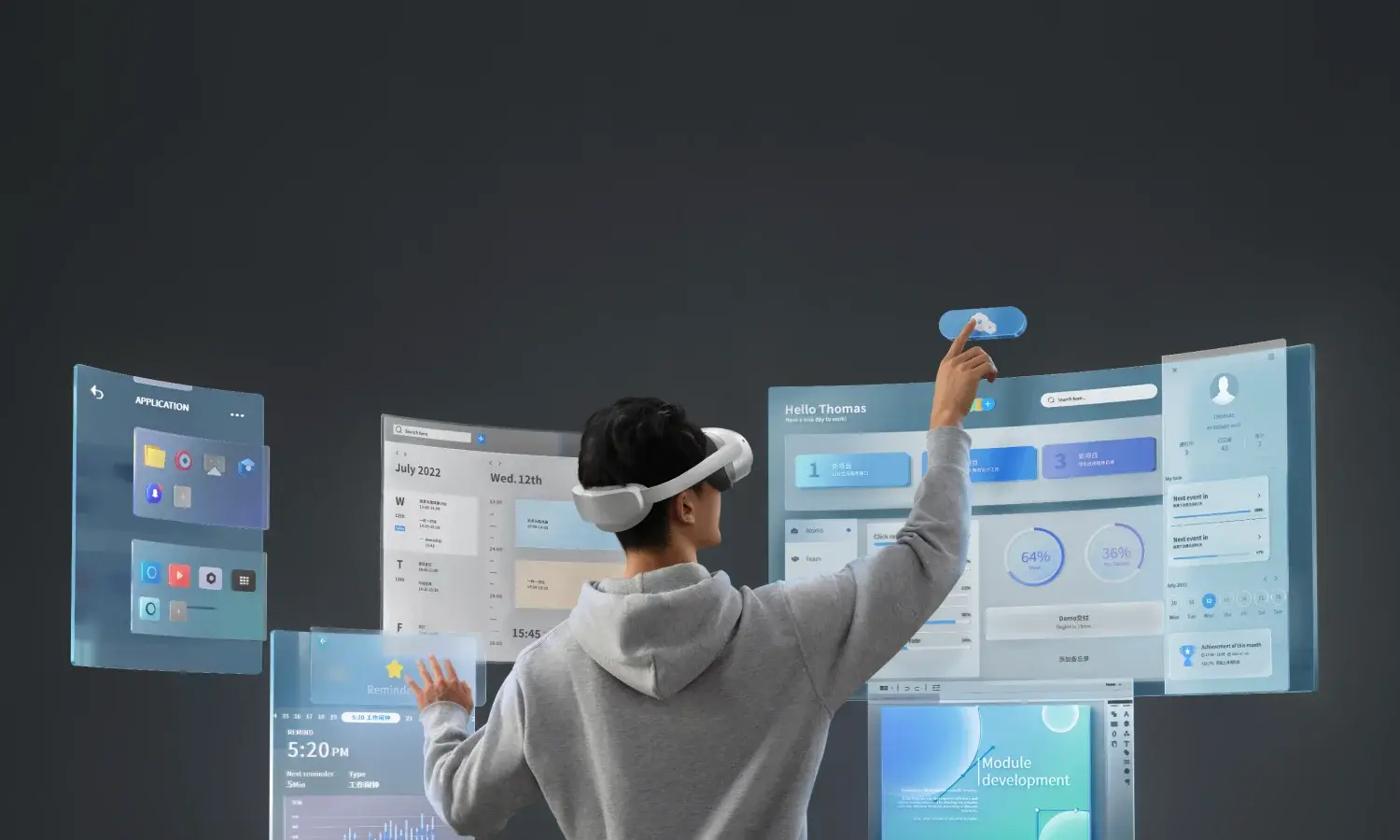Introduction
Virtual reality goes beyond gaming. Today, businesses utilize this technology to enhance employee training programs, improve communication, increase productivity, and accomplish other tasks that take their operations to the next level. VR has revolutionized how we do business, making it easier for companies to collaborate to reach their goals.
Benefits of VR for Business Applications

VR technology connects employees, supervisors, upper-level management, and other stakeholders with each other, no matter where they are. It provides a level of collaboration that doesn’t happen with a phone call or video chat, and in addition, it saves money on travel expenses.
VR technology is appealing to customers. If a company can offer a virtual tour, a try-before-you-by opportunity, or another relevant experience, it gives them an extra advantage in their industry.
A recent report by the National Safety Council shows that companies are incorporating VR into their employee safety plans. In fact, according to research conducted by
D. Zhao and J. Lucas
in 2015, employees tend to retain knowledge obtained from VR better than if they received that knowledge in a classroom setting.
Industries That Benefit from VR for Business
The potential of virtual reality in business is vast and has been adopted by a range of industries. Here are some of the sectors that have seen tangible benefits from using VR for their operations:
Healthcare
Believe it or not, medical VR is present in healthcare facilities more than you might realize. Surgical interns and residents use it to practice routine and complicated procedures, better preparing them for the operating room. The technology has also been shown to relax anxious patients who are receiving medical care.
Entertainment and Gaming
VR is already widely used in gaming, but what about other facets of the entertainment industry? These days, you can attend a concert, check out a museum, or watch a live sporting event by simply putting on a VR headset.
Tourism
Tourism companies are tapping into VR to boost their marketing strategies. This technology allows them to present accurate depictions of destinations to travelers so they can make an informed decision about how they want to spend their next vacation.
Retail
Studies show that VR in retail can increase conversions by up to 17%. VR also bridges the gap between brick-and-mortar and online shopping. Businesses can set up virtual “shops” where customers can browse, chat with avatars, and place orders from the comfort of their homes.